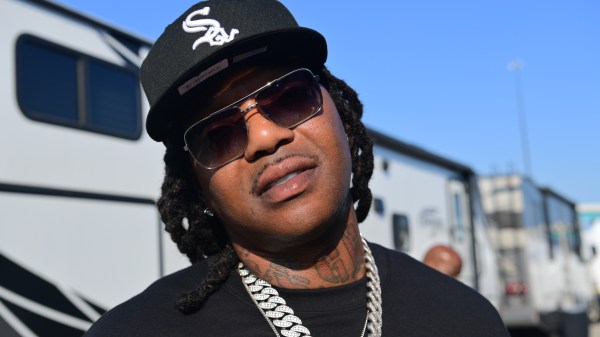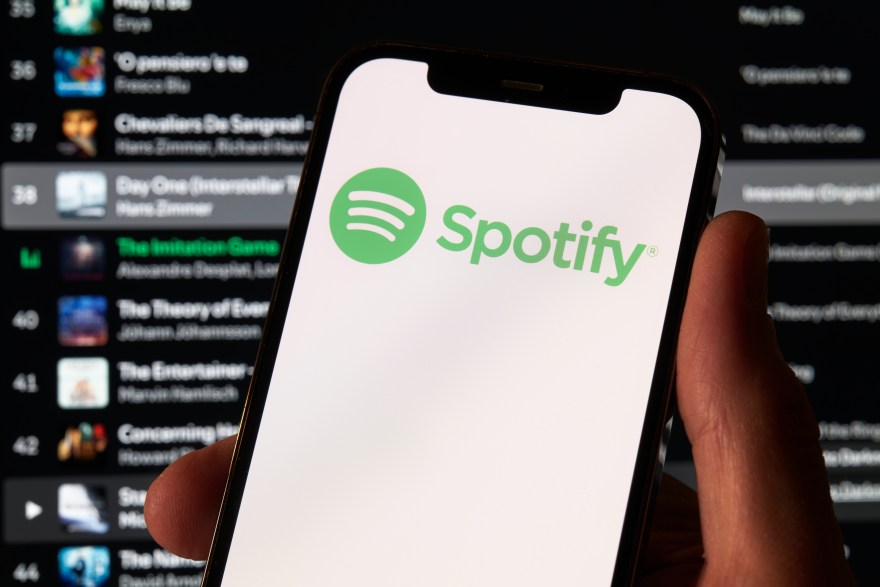Videos by According2HipHop
Spotify is once again in the legal crosshairs — and this time, the fight is over what critics say is a modern reboot of an old music industry scandal.
A new class-action lawsuit filed in Manhattan federal court accuses the streaming giant of reviving payola through its much-debated Discovery Mode feature, a tool that lets artists and labels boost certain tracks in Spotify’s algorithm in exchange for a lower royalty rate. The suit was filed November 4 by New York listener Genevieve Capolongo, who says Spotify is misleading its paying subscribers by making algorithm-powered playlists like Discover Weekly and DJ look organic — while allegedly slipping paid-for tracks into the mix.
According to Capolongo, Spotify is “charging listeners for the privilege of being deceived,” arguing the company doesn’t properly disclose when a song’s visibility is tied to money or royalty concessions. The complaint draws a direct line between Discovery Mode and the infamous radio payola scandals of the 1950s and ’60s, where labels secretly paid stations to spin their records. The lawsuit is asking for restitution, punitive damages, and a court-ordered requirement that Spotify flag any playlist placement that’s influenced by financial deals.
Spotify didn’t hesitate to clap back.
“The allegations in this complaint are nonsense,” the company said in a pointed statement. “Not only do they misrepresent what Discovery Mode is and how it works, but they are riddled with misunderstandings and inaccuracies.”
Spotify argues that Discovery Mode is optional, transparent, and only affects limited listening spaces like Radio, Autoplay, and certain algorithmic mixes — not editorial playlists, not guaranteed streams, and definitely not flagship recommendation hubs like Discover Weekly or DJ, despite what the lawsuit claims.
“It doesn’t buy plays, it doesn’t affect editorial playlists, and it’s clearly disclosed in the app and on our website,” Spotify said, adding that the suit doesn’t even get the basics right about where the feature is used.
The company also pushed back on the idea that major labels are the main beneficiaries, saying indie artists have been some of its most vocal supporters.
This is the second lawsuit Spotify has been hit with in just a matter of days. West Coast rapper RBX recently filed his own class-action complaint accusing the platform of ignoring fraudulent streaming activity that allegedly inflates numbers for superstar acts like Drake while cutting into payouts for smaller artists.
Together, the cases are adding new heat to ongoing debates around transparency, royalties, and who really wins in the streaming economy — algorithms or artists.
Capolongo’s lawsuit is now moving through federal court. Spotify isn’t backing down. And the music industry is watching, because whether Discovery Mode is a useful tool or pay-for-play in disguise may end up being decided by a judge.
Let me know if you want alternate headlines, pull-quotes, or a more opinion-forward tone.






















